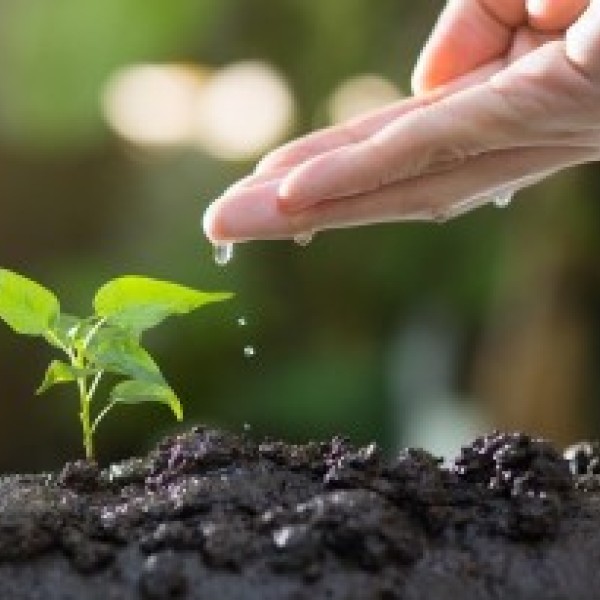With well-rounded knowledge about whole-farm nutrient management under their belts, students came to class prepared to debate the future of agricultural rules and regulations. Using what they'd learned in ANSCI 4120, they represented the voices of consumers, dairy farmers, nutrient management planners, nutritionists, regulators and land-grant universities.
Dr. Quirine Ketterings, professor of whole-farm nutrient management and leader of the Nutrient Management Spear Program (NMSP) and co-instructor Dr. Michael Van Amburgh, professor of dairy nutrition, facilitated this discussion. Together, they drove groups to communicate everything that influences their role in supporting sustainable dairy, as well as their decision making power.
Each group described their expectations in terms of regulations for on-farm nutrient management 5-10 years from now and argued their case while listening and responding to other points of view. They were able to develop meaningful perspectives using what they had learned throughout the semester regarding whole-farm nutrient management and the roles that everyone plays in improving the efficiency and sustainability of milk production.
The groups recognized the importance of listening to others, voicing their opinion, being transparent, and supporting the land grant mission. They found that each group’s interests were best served through unbiased, sound science such as that provided by the land grant university system. In the end, the question “who need to be at the table” with regard to dairy sustainability was answered with a sounding “ALL OF US!”
Read on to see what students had to say about the debate and the class as a whole.












